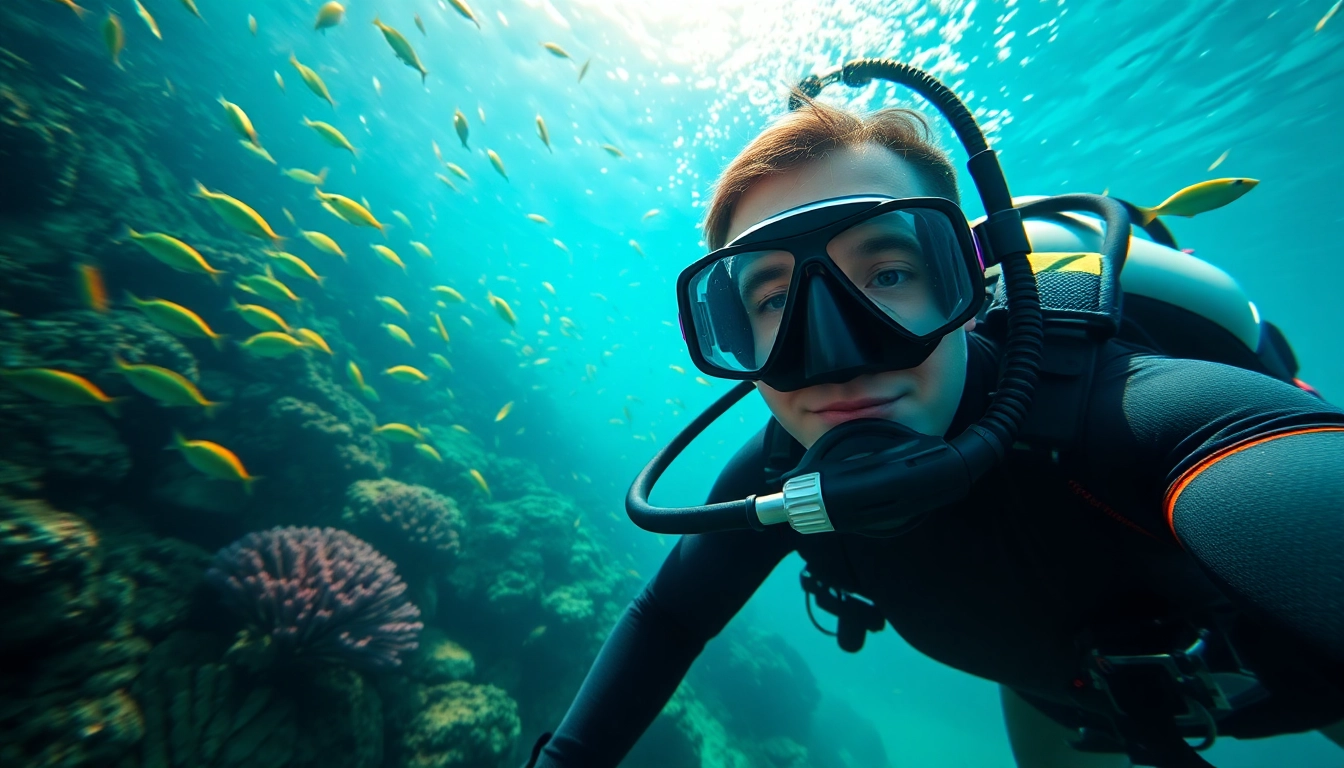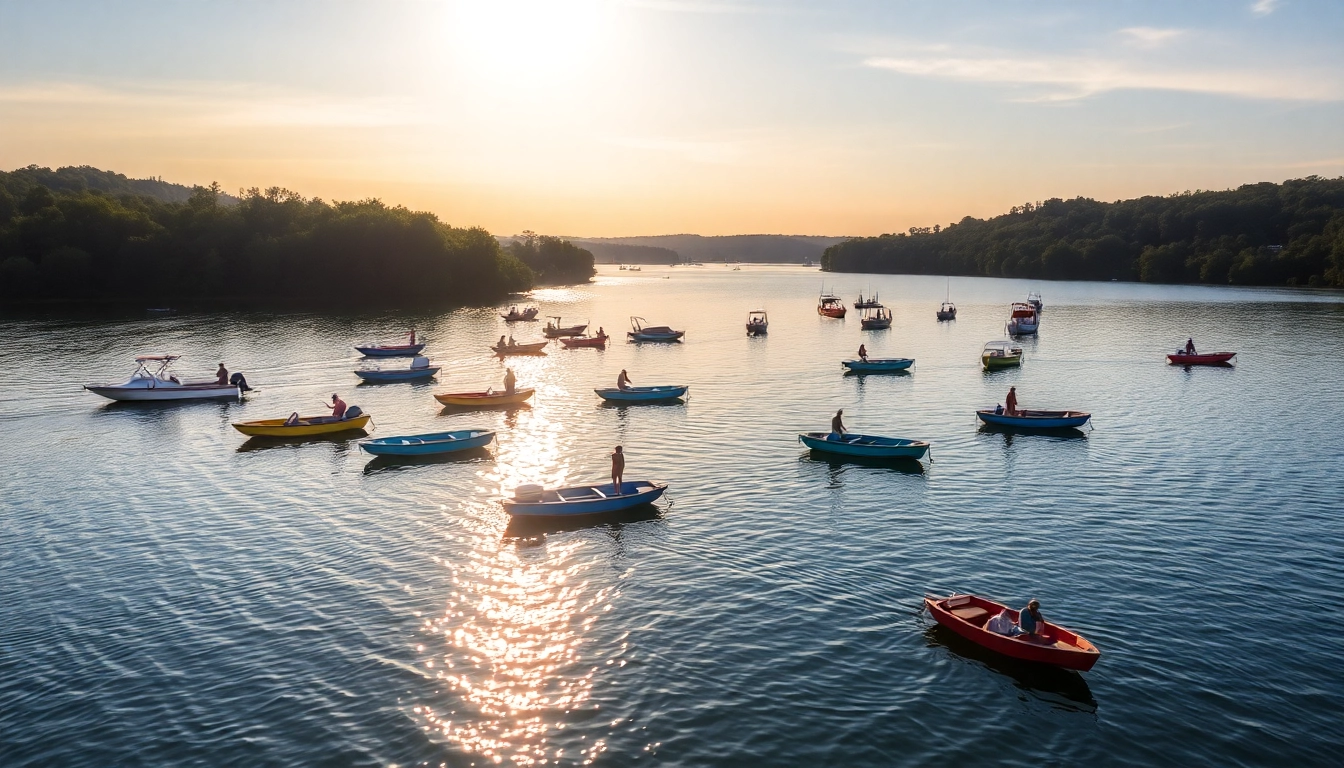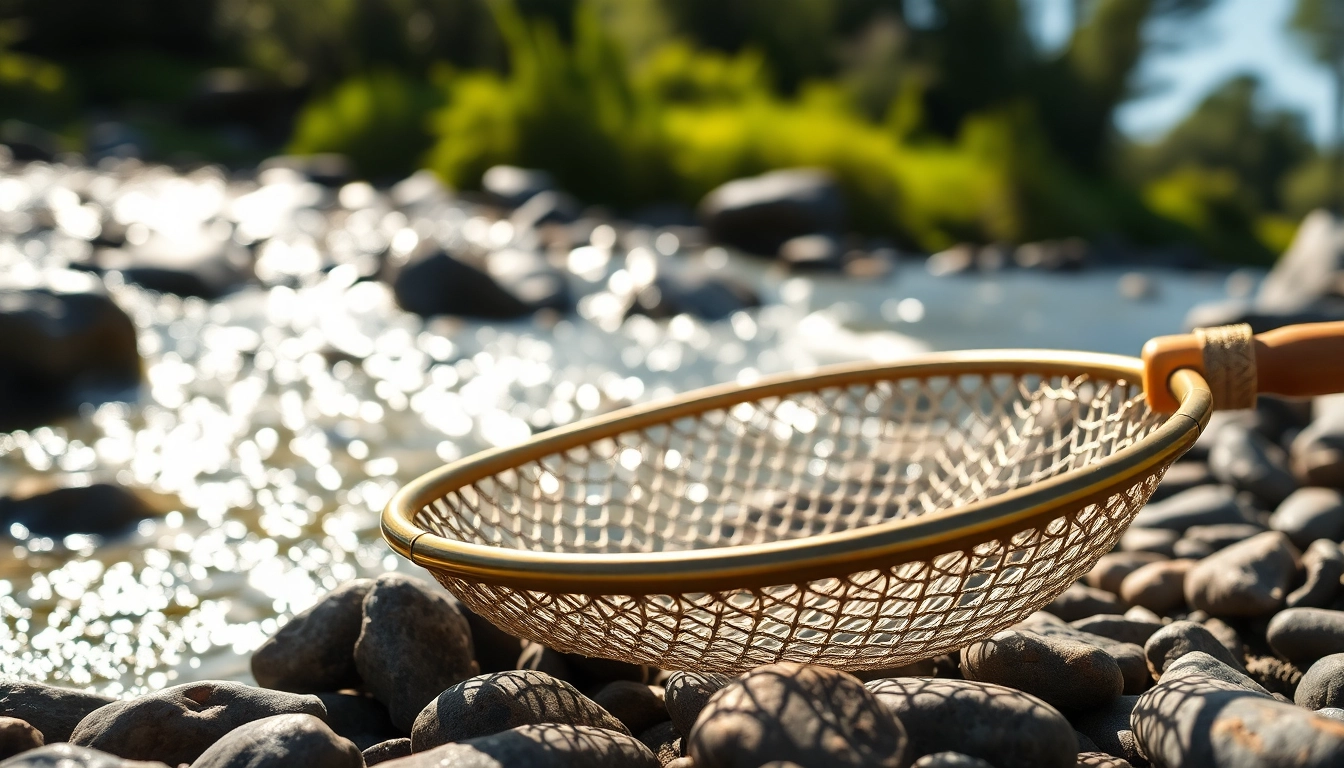Understanding the Padi Dive Course
What is a Padi Dive Course?
The Padi dive course is an internationally recognized system of scuba diving education offered by the Professional Association of Diving Instructors (PADI). This program encompasses a series of structured training sessions, theoretical knowledge, and practical skills to ensure divers are well-equipped to explore underwater environments safely. Ranging from beginner courses such as the PADI Open Water Diver to advanced specialties, these courses are designed to cater to divers of various skill levels and aspirations. Each course combines classroom learning, confined water practice, and open water dives to give divers a comprehensive understanding of diving principles, safety measures, equipment management, and environmental awareness.
Who Can Enroll in the Padi Dive Course?
One of the most appealing aspects of the PADI dive courses is their accessibility. These courses are open to anyone who meets the basic prerequisites, regardless of their prior experience with scuba diving. Generally, individuals aged 10 years and older can enroll in many PADI courses. Whether you are a complete novice, someone with some prior diving experience, or even a seasoned diver looking to enhance your skills, PADI offers a course that aligns with your aspirations and diving ambitions. The inclusivity of the PADI framework makes it easier than ever for people from different backgrounds and ages to engage with the world beneath the waves.
Benefits of Completing a Padi Dive Course
Enrolling in a PADI course comes with a multitude of benefits. Firstly, it empowers individuals with the knowledge and skills necessary to dive confidently and safely. Through a synergistic blend of theoretical learning and practical application, participants delve into essential diving topics such as physics, physiology, and the importance of safe diving practices. Moreover, completing a PADI course often opens up opportunities for travel and exploration, providing divers with access to lakes, oceans, and stunning coral reefs worldwide. Beyond personal enjoyment, PADI certification is recognized globally and can enhance professional prospects in the sports, tourism, and underwater research industries.
Prerequisites for a Padi Dive Course
Age Requirements for the Padi Dive Course
PADI courses are designed to ensure safety and suitability for various age groups. The minimum age to enroll in the PADI Open Water Diver course is 10 years, allowing younger participants to engage with diving under certain conditions. For those aged 10 to 14, they are eligible for a Junior Open Water Diver certification, which comes with certain restrictions that are lifted upon reaching adulthood. As students progress in age and skill, they have the chance to transition into adult certifications, enabling them to experience diving without these limitations.
Health and Fitness Standards for the Padi Dive Course
Prior to diving, it is critical to ensure that participants meet specific health and fitness standards. Although there are no strict physical requirements, divers must be in reasonably good physical health to manage diving-related stresses. Individuals with pre-existing medical conditions like heart issues, epilepsy, or asthma may be required to obtain medical clearance from a physician before participating in a course. Additionally, basic swimming abilities are necessary, as divers must demonstrate comfort and proficiency in water.
Equipment Familiarity Before the Padi Dive Course
While most PADI dive courses provide rental equipment, having a basic understanding of scuba gear is beneficial. Familiarity with essential items such as masks, fins, wetsuits, regulators, and buoyancy control devices can enhance the diving experience. Participants are often encouraged to learn about the function and care of their gear, instilling confidence when managing these systems during dives. Many courses include an overview of equipment usage, ensuring students are both safe and effective during their courses.
What to Expect in a Padi Dive Course
Course Structure of the Padi Dive Course
The structure of a typical PADI dive course is a blend of theory and practice. Most programs begin with academic training, where divers are introduced to fundamental concepts such as dive planning, underwater physics, and safety protocols. This portion can be conducted in person or through eLearning modules. Following the classroom session, practical training occurs in confined water settings, where divers can safely practice skills like buoyancy control and equipment checks. Lastly, participants assist open water dives to apply their knowledge in real-world scenarios, exploring aquatic environments under supervised conditions. Completing all components of the course leads to certification, granting divers the qualifications they need to dive independently or with a buddy.
Basic Skills Taught in the Padi Dive Course
Throughout the PADI dive course, students acquire pivotal skills vital for safe diving. Among the core competencies are equipment assembly, pre-dive safety checks, proper buoyancy control, underwater communication, and emergency management procedures. Additionally, divers learn essential knowledge of environmental conservation and marine life awareness to foster responsible diving practices. Engaging in practical exercises equips students with the necessary confidence to handle various in-water scenarios, preparing them for diverse diving experiences.
Duration and Cost of the Padi Dive Course
The duration of PADI courses varies depending on the specific training module. The PADI Open Water Diver course typically spans three to four days, while more specialized courses may require additional time. As for the cost, it ranges based on the course type, location, and provider but generally falls within the $300 to $500 bracket for the Open Water Diver course. This price usually encompasses all necessary materials, equipment rentals, and certification fees, providing comprehensive training for aspiring divers.
Choosing the Right Provider for Your Padi Dive Course
Accreditations and Qualifications of Diving Instructors
When selecting a PADI course provider, ensuring that instructors hold the requisite qualifications is crucial. Certified PADI instructors must have undergone extensive training and assessments to teach diving effectively. Investigating a provider’s credentials helps confirm that participants will receive knowledgeable instruction from experienced professionals. Additionally, look for deeper training and specialties, as instructors with advanced certifications often bring unique insights into specific underwater environments or techniques.
Online vs In-person Padi Dive Course Options
With advancements in technology, PADI offers both traditional in-person courses and online eLearning options tailored to individual preferences. Online courses give learners the flexibility to absorb theoretical knowledge at their own pace while preserving time for confined water and open water training. On the other hand, in-person classes provide immediate interaction with instructors and fellow students, fostering a collaborative learning environment. Ultimately, the choice between these options depends on personal learning styles, schedules, and preferences.
Reviews and Recommendations for Providers
Before committing to a course, reading reviews and gathering recommendations from previous participants can provide valuable insights into the quality of instruction and the overall experience. Online platforms and social media often contain testimonials about specific providers, helping potential students gauge the efficacy and enjoyment of the courses offered. Seeking personal referrals can also lead to discovering reliable providers that prioritize safety and student satisfaction.
Next Steps After Completing Your Padi Dive Course
Advanced Diving Certifications to Pursue
Completing a PADI dive course opens avenues for further education and specialization. Enthusiastic divers often pursue advanced certifications, such as the Advanced Open Water Diver or various specialty courses like Night Diving and Deep Diving. These advanced programs build on the foundational skills learned in initial courses while introducing divers to unique challenges and experiences. Continuous education not only enhances diving capabilities but also deepens the appreciation for marine environments.
Joining the Diving Community Post-Padi Dive Course
Post-certification, divers are encouraged to engage with the larger diving community. Many local dive clubs and online forums provide excellent networking opportunities for sharing experiences, skills, and dive adventures. Engaging with other divers fosters a sense of camaraderie and support, which is vital for building confidence and gaining diverse perspectives on diving practices. Social media platforms also offer spaces to connect, share underwater photography, and learn about new dive sites.
Maintaining Skills and Continuing Education
To remain proficient in diving, continuous practice and education are essential. Participating in regular dive outings, joining refresher courses, or even scheduling practice dives with a buddy can help maintain skills. Additionally, divers may consider enrolling in specialized courses to learn new skills or address emerging interests like underwater photography, wreck diving, or environmental conservation. Staying updated with current diving practices and safety protocols ensures that divers remain well-prepared for their underwater explorations.



